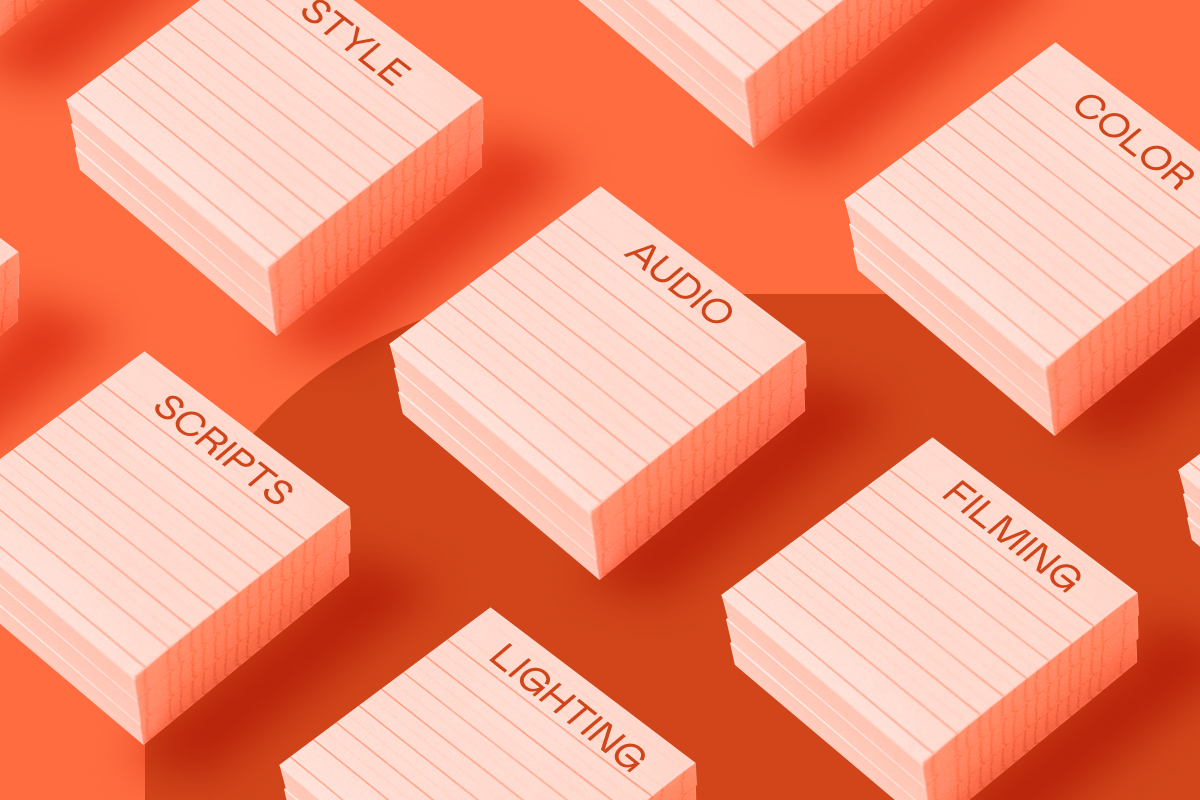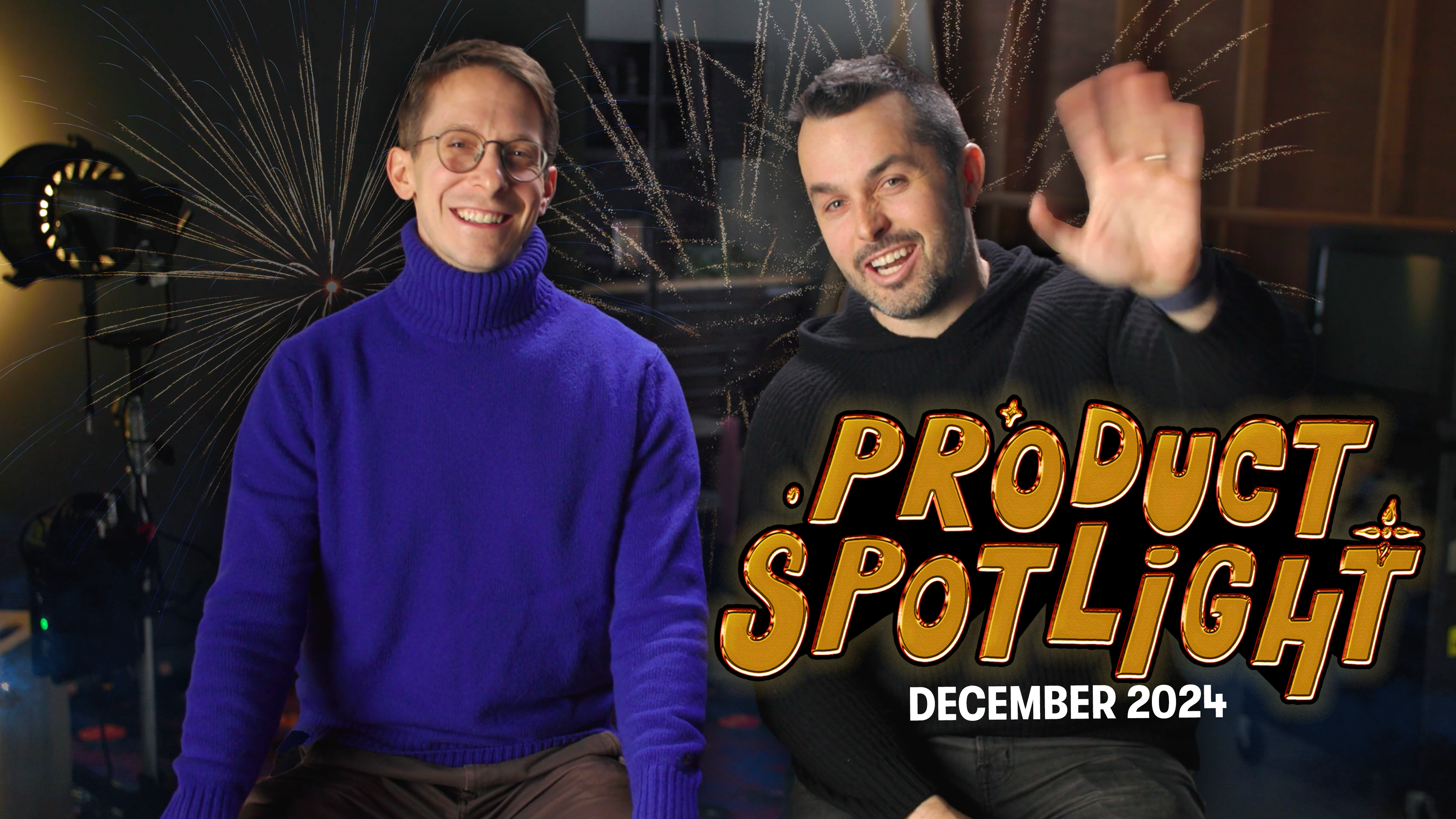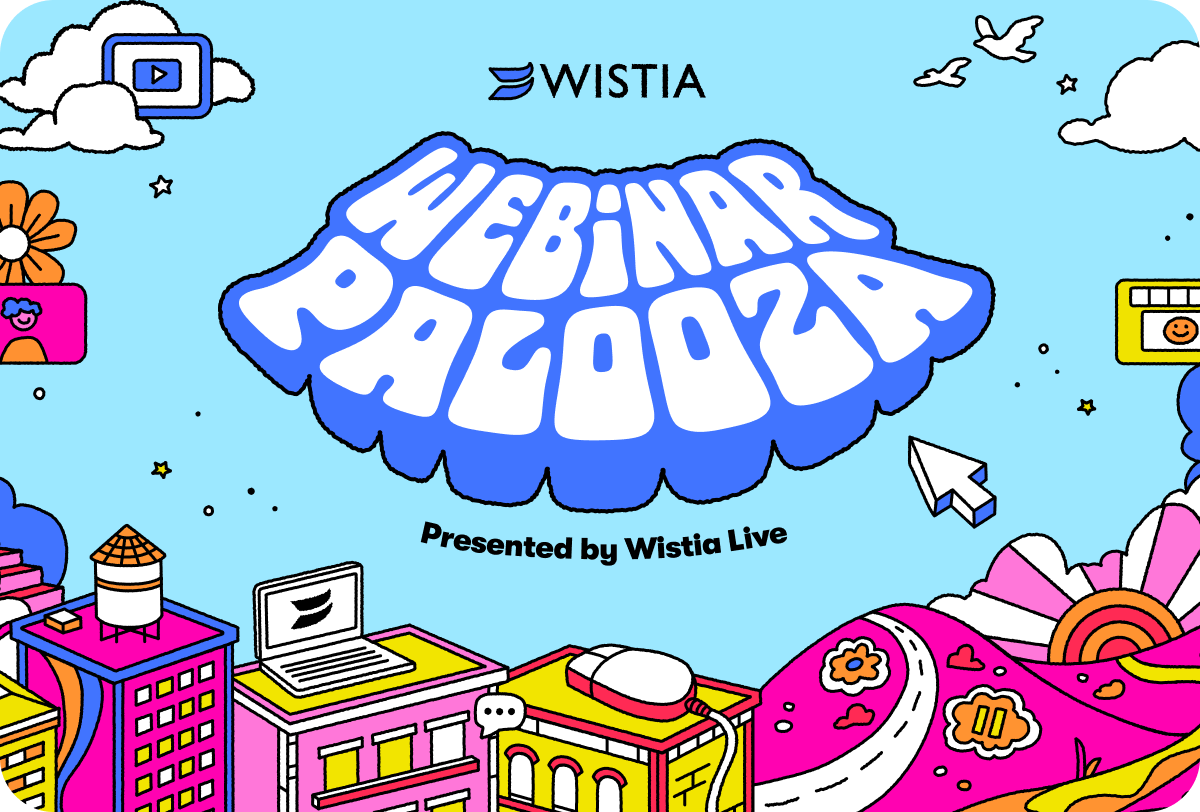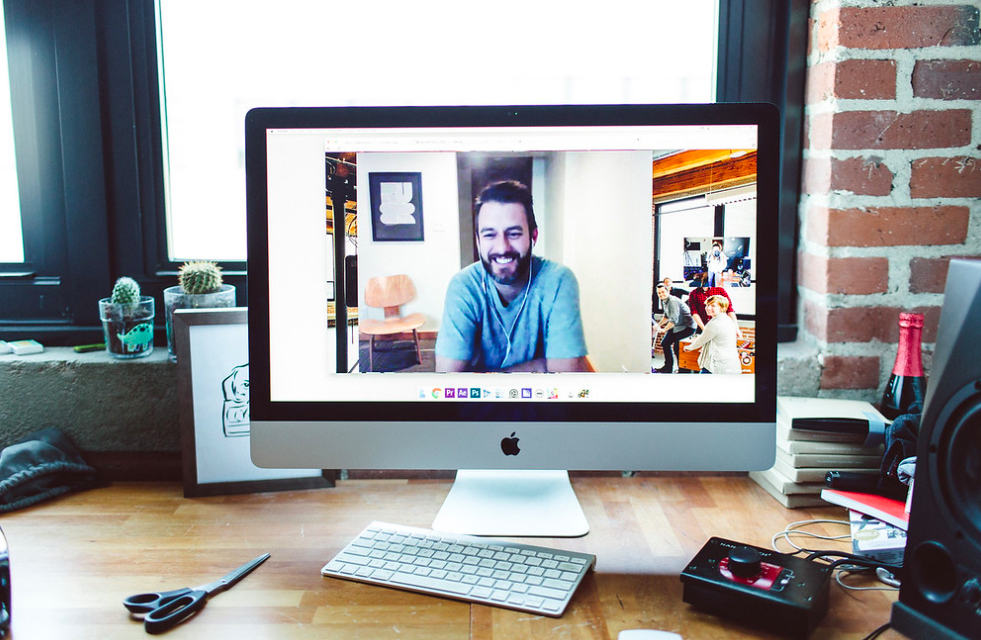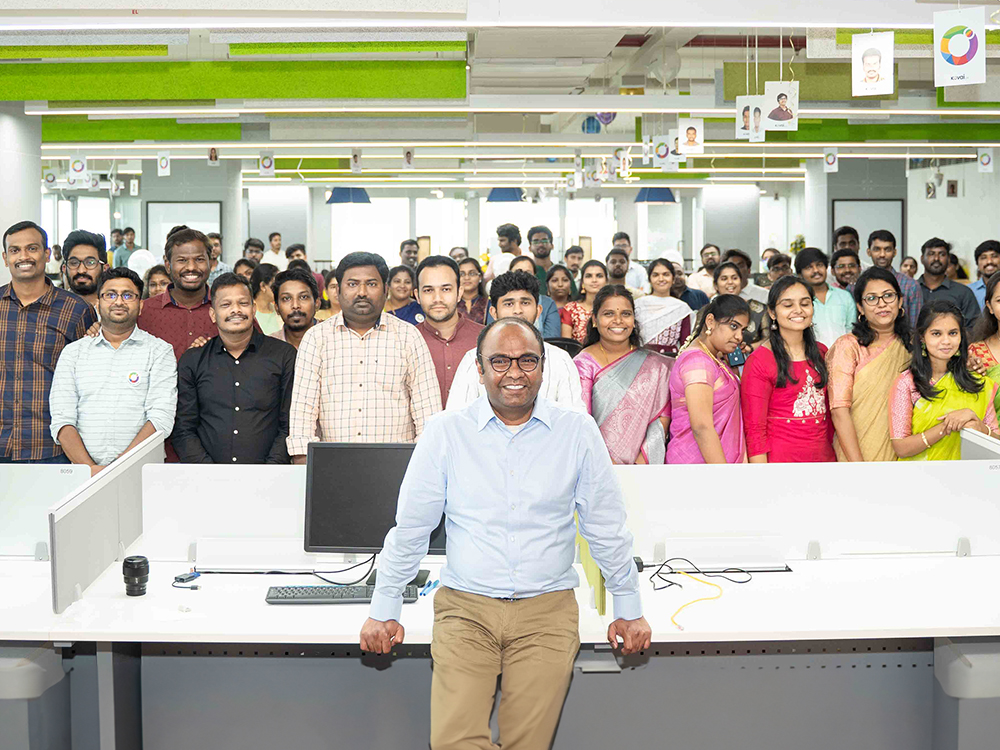How Resilient Coders Uses Soapbox to Create Video Cover Letters—and Hack the Opportunity Gap
November 28, 2017
Topic tags
Jordan Wellin
Creative
“All of our students face immediate bias, and video is an epic rebuttal to that bias.”
David Delmar knows this better than just about anyone. As the Founder and Executive Director of Resilient Coders, David and his team work with young people from what he calls “traditionally underserved communities” in and around Boston, equipping them with the tools and training they need to prosper in the tech community.
But even with those skills, David knows firsthand how his students have an uphill climb, even after they’ve graduated from a 16-week bootcamp with intensive technical training that immerses them in HTML, CSS, and JavaScript.
“We give them the skills they need to be impossible to ignore,” he said. Being ignored by recruiters and hiring managers is something many of the students have become used to — it’s one of the reasons why Resilient Coders was founded in the first place.
“All of our students face immediate bias, and video is an epic rebuttal to that bias.”
That’s why Soapbox has become an integral, even mandatory part of the Resilient Coders curriculum. “What differentiates Soapbox [from normal video] is that our students are able to show their work products,” David said. “It takes the story from being just about our students to being about their work.” It’s a distinction that, however unfortunate, still matters in today’s biased recruiting environment.
Highlighting the person — and the work
What made Soapbox such a game-changer for Resilient Coders was its unique split-screen recorder, according to David. “No longer do our coders have to say, ‘I know what I’m doing, just take my word for it.’ Now, you can see the code in action to prove it.”
When David was first introduced to Soapbox by Wistia’s Chris Lavigne and Jeff Vincent, he said he was practically doing cartwheels, energized by the thought of students creating video cover letters that had the potential to stand out in recruiters’ inboxes.
For David, using “normal” video wouldn’t have been enough to convince him to introduce video cover letters to his students. In fact, he says it actually would’ve made things much worse. “I think using video alone would’ve meant taking individuals who are already subject to unconscious bias based on race and gender and further exacerbated those issues,” he explained.
But Soapbox is, in its own way, an entirely different medium. “Soapbox takes the story beyond the individual student and makes it about the actual work product. Not only are you saying, ‘Here’s my work,’ but you’re taking viewers through it. You get a sense for who each student is as a person and as a potential colleague, something a faceless GitHub profile could never do.”
“Soapbox takes the story beyond the individual student and makes it about the actual work product.”
A strategy for countering bias head-on
By the time students at Resilient Coders graduate, they’ve built games and applications in JavaScript from the ground up. They’ve also obtained experience doing client work at Resilient Lab, an internal digital agency that gives them a feel for the work they might be doing once they’re out in the professional workforce.
Whether they’re talking about the work they’ve created in the classroom or in the lab, students are encouraged to share the frustrations and mistakes they grappled with in their video cover letters.
In order to make sure students and their work remain relevant in the 21st-century job market, the stakes for David and his team are particularly high. “For the whole thing to work, we need to operate at a professional level and produce talent that is exceptional," he said.
David is quick to recognize that the organization has high standards: they only accept about a half of their applicant pool. “Students don’t graduate if they haven’t shown the necessary skills and professionalism to compete and succeed,” he said. But the caliber of talent the program has produced speaks for itself, and can now be seen for itself thanks to Soapbox.
For those who find it hard to believe (or refuse to believe) that bias in the workforce still exists even in a seemingly progressive city like Boston, David has another story that’s backed up by scores of students to prove it. He cited a litany of statistics that weigh heavily on his mind — from a 27.8% unemployment rate in the Boston neighborhood of Dorchester (“the distance between the greatest university in the world and systemic poverty is a 20-minute ride on the Red Line”), to pre-tax wages not increasing for the bottom half of earners since the 1980s, all which contribute to a lack of equitable access to the economy.
Changing the narrative
As David works to disrupt that narrative and generate more economic opportunities for Dorchester and other areas in Boston like it, there have been glimmers of hope along the way, some of which have been precipitated by students’ Soapbox videos.
In one newsletter David sent out to Resilient Coders email subscribers, he featured the Soapbox cover letter of Farrah, a student who showed off a game she had built from scratch. Soon, David had a reply back in his inbox from someone who asked to know more about Farrah’s work with regards to a potential opportunity.
Even on the Resilient Coders website, David has made sure that the cover letters videos are featured on each student’s profile page.
As more people start using video as a way of getting that first step in the door, David says he’ll continue to encourage (and require) students not just to send a traditional cover letter and resumé, but also to send a Soapbox video. “It tells a much bigger and broader story about who you are than something you write ever could,” he said.
And for the students-turned-coding experts who back up their talent with their work, Soapbox is increasing their chances to get recognized and thrive.
